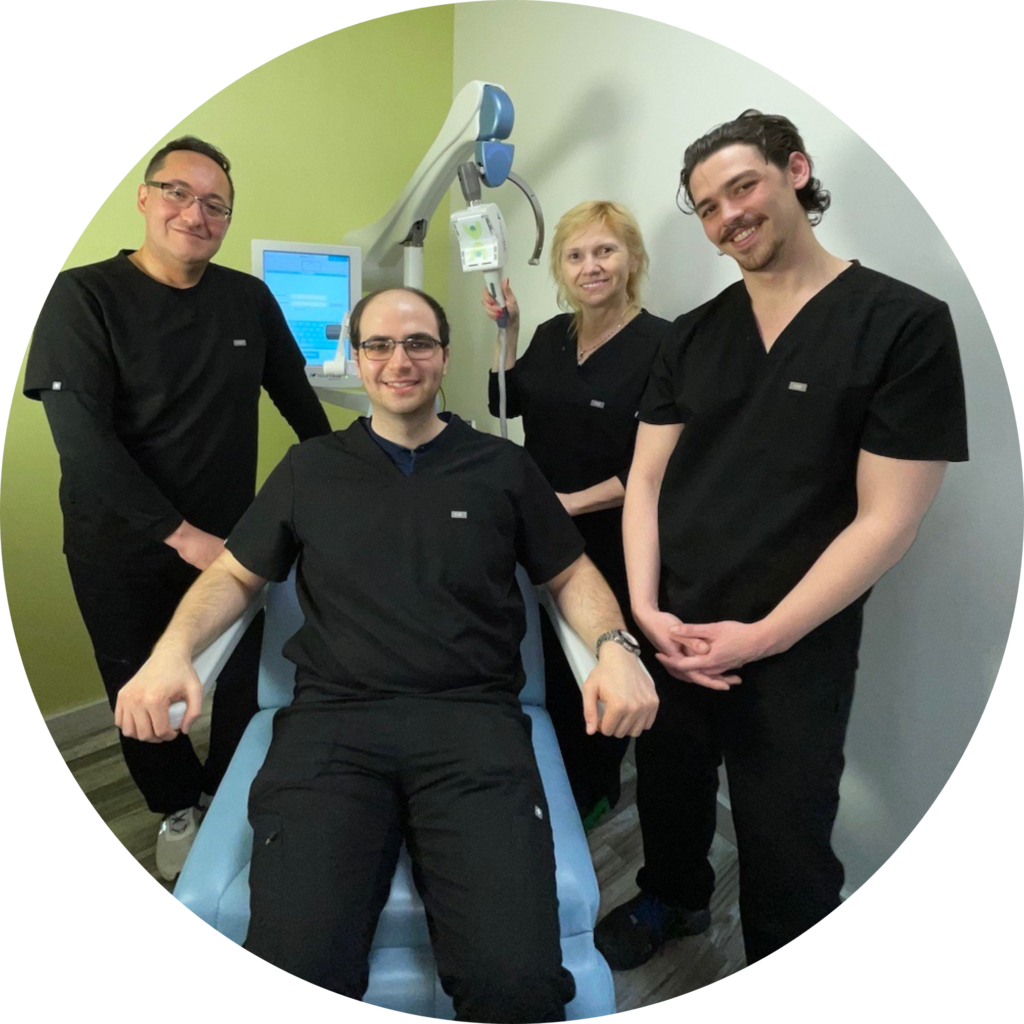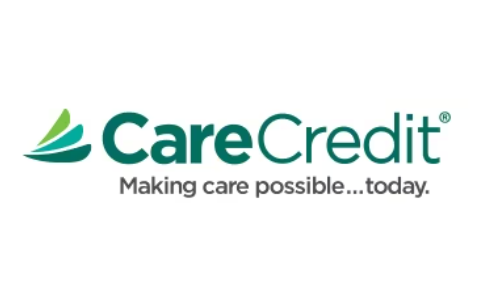New Rochelle
Neurostar TMS - Treatment Cost

We know cost is important, and we’re dedicated to making TMS as affordable and accessible as possible. Please look below for information about treatment cost and payment plans.
For more information, call or text us at (212) 707-8662

Neurostar TMS is covered by most insurance plans!
Most major insurances cover Neurostar TMS to treat severe, treatment-resistant depression. Even if we don’t accept your insurance, we can almost always apply to have the treatment covered.
We’re even able to help get your insurance to cover Neurostar TMS for OCD in many cases. Please contact our office to learn more about treatment pricing and how much treatment would cost for you.
Don’t let cost stop you from finding the care you need!
Insurances we accept:





If you’re still worried about cost, our office also offers CareCredit to make paying for any treatment costs even easier! With CareCredit, you can pay off any balances over $200 without any interest anywhere from 6-24 months once you’re approved.
Check here for more information.

Still have questions? Connect with our Neurostar TMS team to have your questions answered for free!
Have questions about paying for Neurostar TMS? Use the chat feature at the bottom-right corner of the page to message one of our TMS Coordinators!
Indication
The NeuroStar Advanced Therapy System is indicated for the treatment of depressive episodes and for decreasing anxiety symptoms for those who may exhibit comorbid anxiety symptoms in adult patients suffering from Major Depressive Disorder (MDD) and who failed to achieve satisfactory improvement from previous antidepressant medication treatment in the current episode.
The NeuroStar Advanced Therapy system is intended to be used as an adjunct for the treatment of adult patients suffering from Obsessive-Compulsive Disorder (OCD).
NeuroStar Advanced Therapy is only available by prescription. A doctor can help decide if NeuroStar Advanced Therapy is right for you. Patients’ results may vary.
Important Safety Information
The most common side effect is pain or discomfort at or near the treatment site. These events are transient; they occur during the TMS treatment course and do not occur for most patients after the first week of treatment. There is a rare risk of seizure associated with the use of TMS therapy (<0.1% per patient).
NeuroStar Advanced Therapy should not be used with patients who have non-removable conductive metal in or near the head. NeuroStar Advanced Therapy has not been studied in patients who have not received prior antidepressant treatment.
